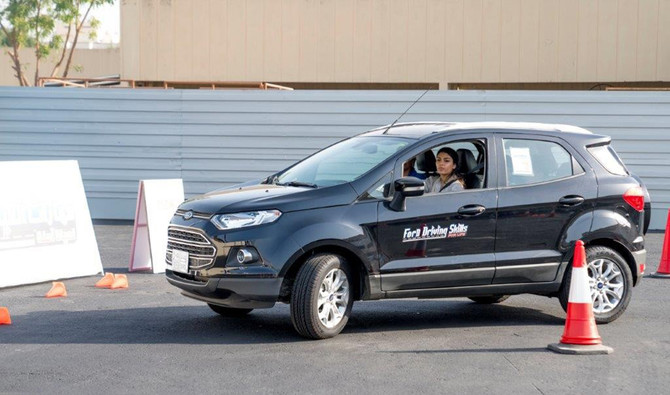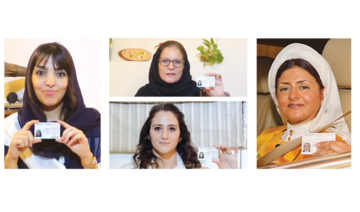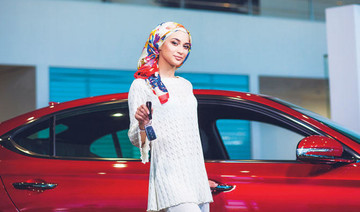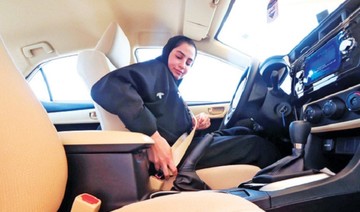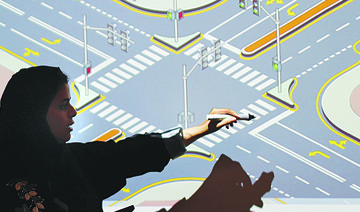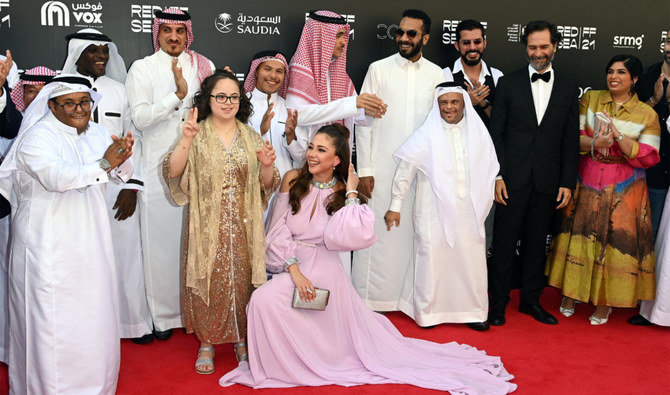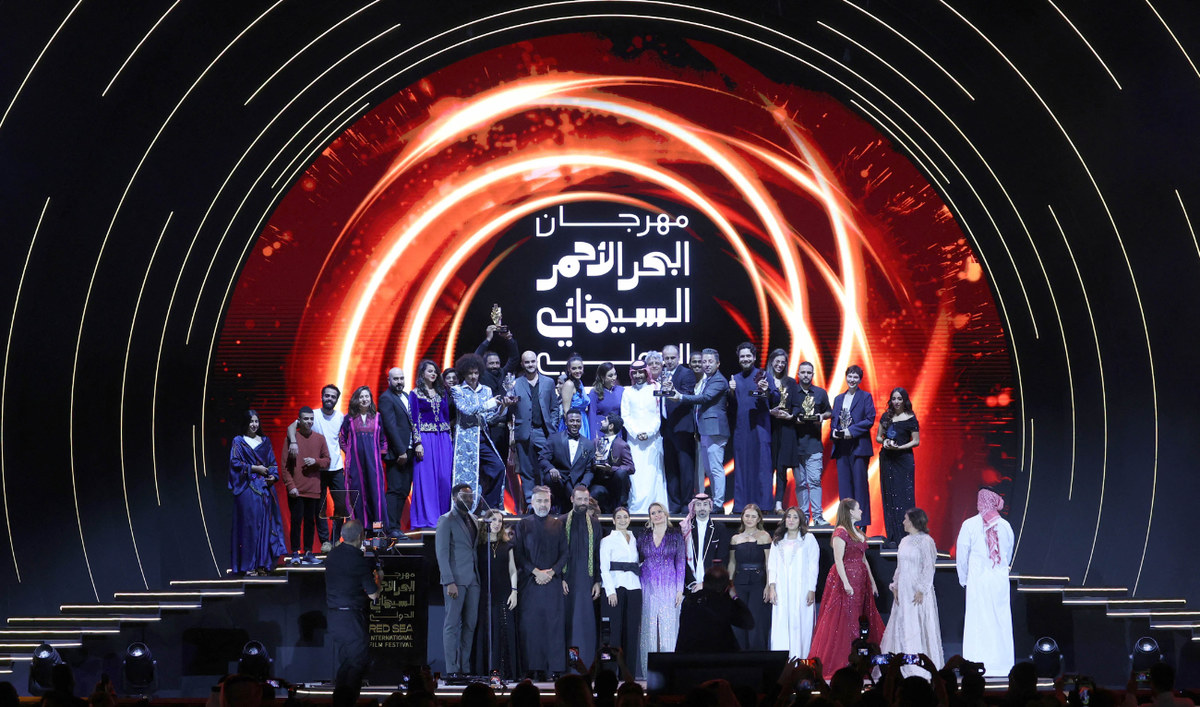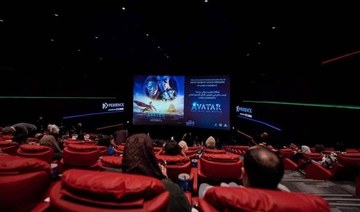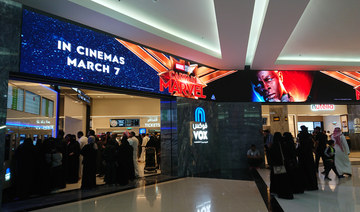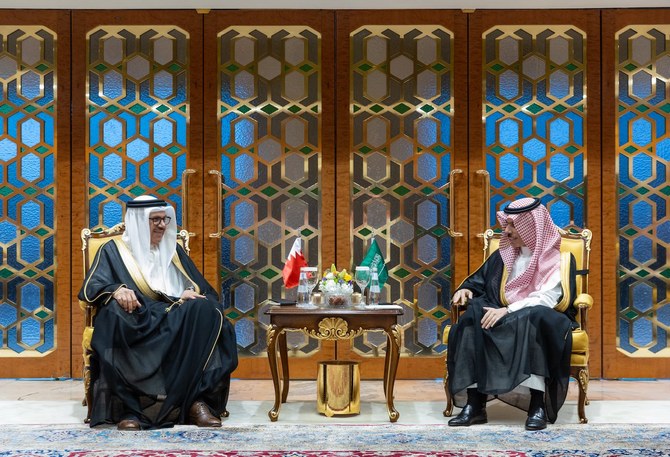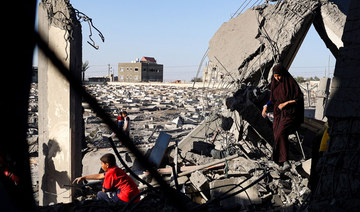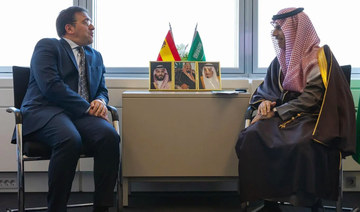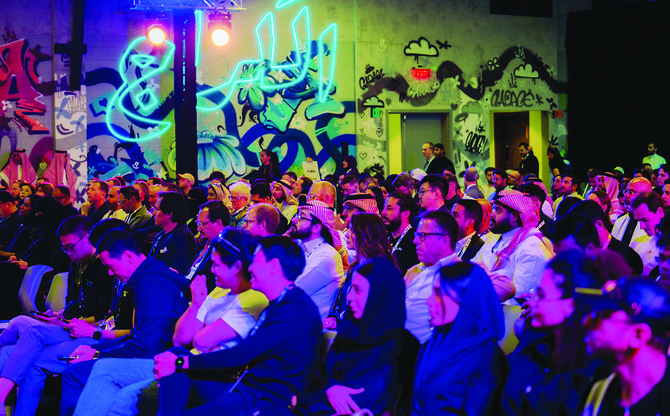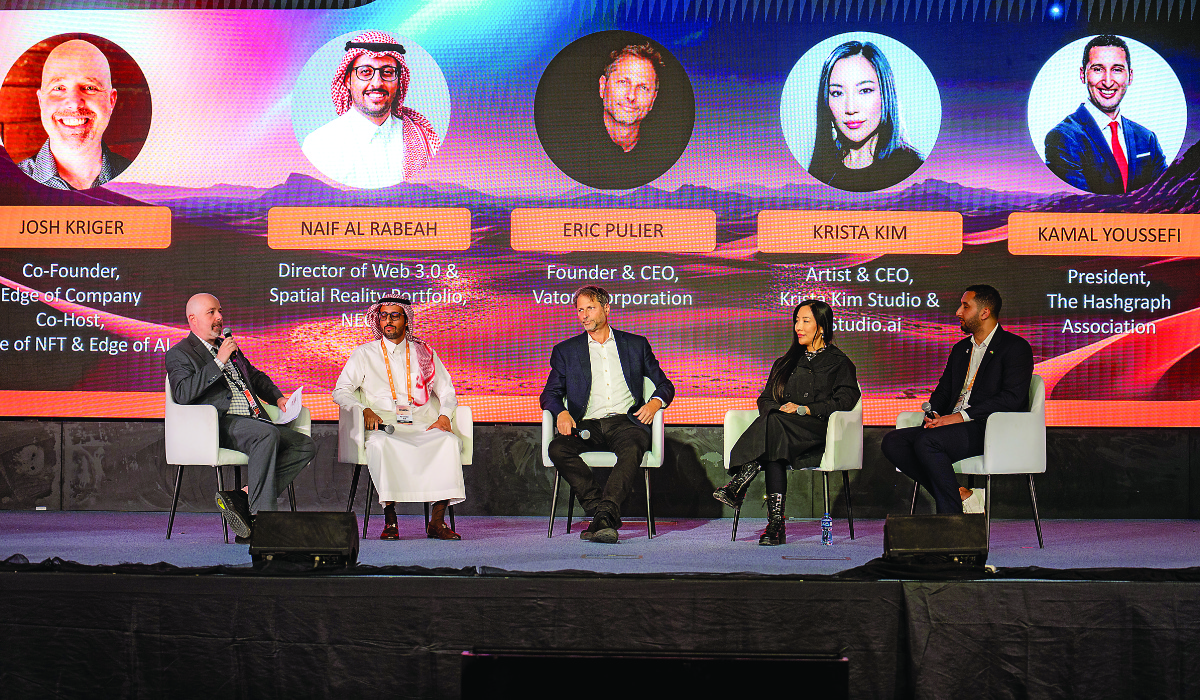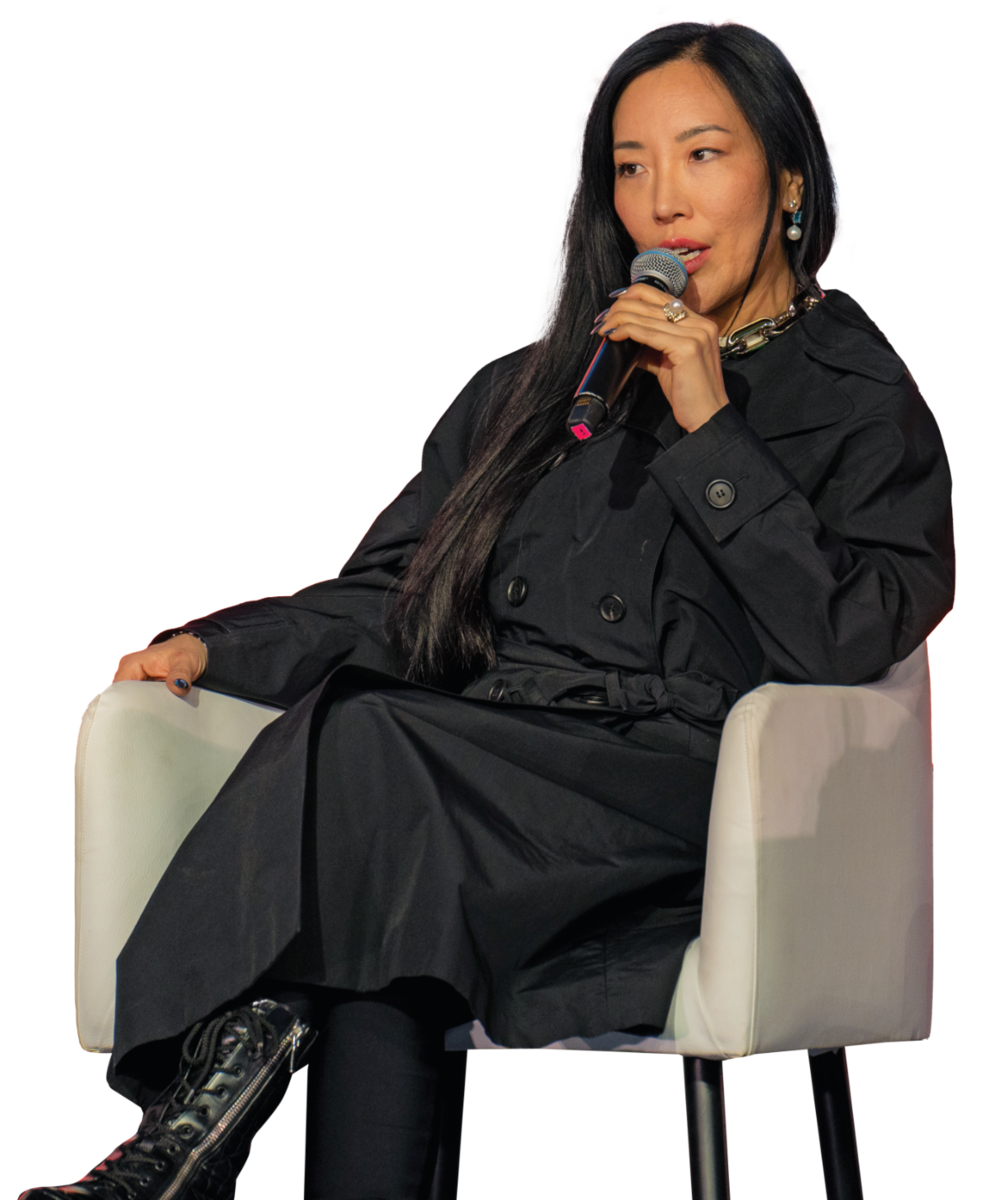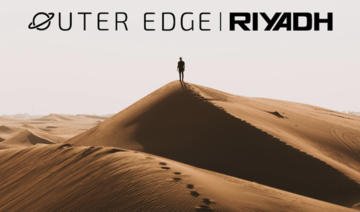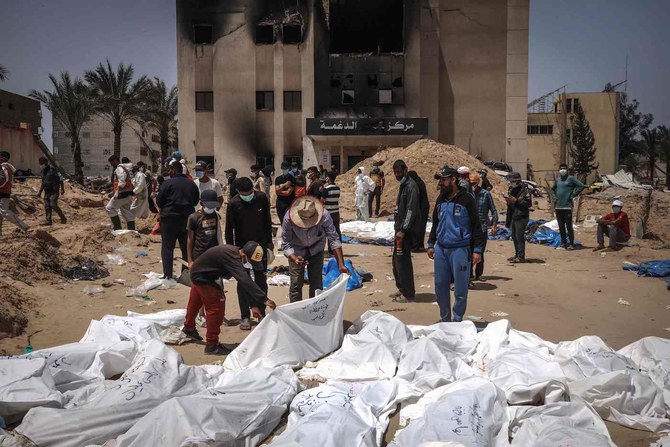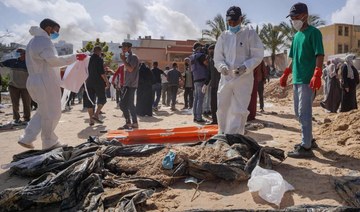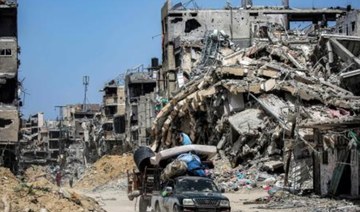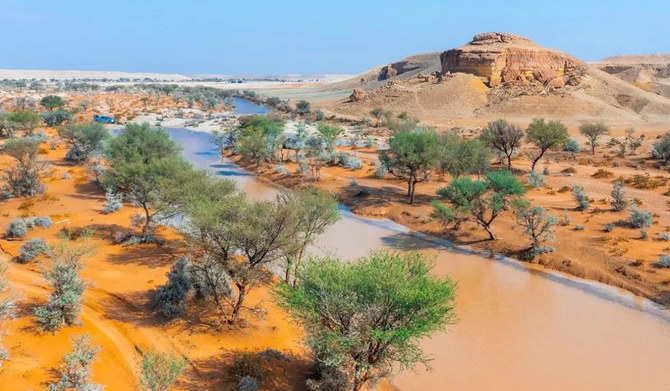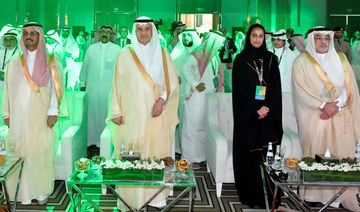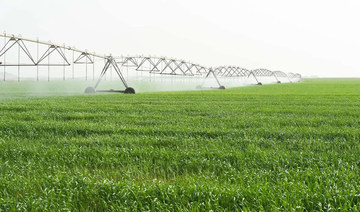What is the driving age? And what kind of vehicles are women permitted to drive? 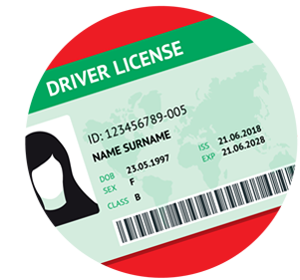
The Supreme Decree stipulates that the application of the Traffic Regulations and its Executive Regulations shall apply to both women and men. The driving age is 18 for the private driving license, which applies to all types of vehicles including motorbikes. There are exceptions for those reaching 17. They will be granted a temporary permit for no more than one year. Women will be allowed to drive trucks once the necessary conditions have been met for that purpose. The driving age is 20 for public driving licenses and public works vehicles.
What happens if you already have an international license? 
Article 37 of the Traffic Regulations Act excludes those who have international and foreign driving licenses from the driving test as long as it is effective. It is also possible for women visiting Saudi Arabia to drive with their international and foreign-recognized driving license for one year from the date of entry or until the expiry of their permit, whichever is earlier based on Article 42.
Can women from abroad rent a car and drive? 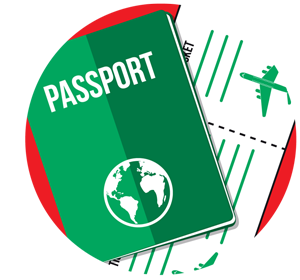
Women with international/GCC visas should be able to easily rent a car as long as their license is valid. “We accept international visas in all our branches as long as it is valid and the same goes for women,” said Hattan Madani, a customer service employee at Budget told Arab News. Note that not all car rentals provide this option: only Budget and Key for car rental. The rest insist that women must have a Saudi license.
How many will be registered to drive at first? 
The auto industry has estimated that there are 9 million potential new customers in the Saudi female population who will be eligible to drive. According to the London-based consulting firm Facts Global Energy, about 6 million are expected to apply for a license.
Where do you go to get your driving license and what do the tests involve? 
Those wishing to get a driver's license must take six steps and comply with certain terms and conditions:
Step 1: Register through the "Abshar" portal, fill out the application form and pay the fees incurred in issuing the license, as well as pass the driving test.
Step 2: Pass the driving test on Qyadati.com.
Step 3: Schedule an appointment for the training program after paying the program fee from the previous website.
Step 4: Attend and take the theoretical training. The theoretical training consists of workshops and lectures of eight hours, the driving simulator for half an hour.
Step 5: Prepare for a practical training period consisting of 12 hours of training in the field, 11 hours in the city and highways and one hour for training and preparation to test for the license.
Step 6: Pass the test under the supervision of traffic police.
Where can you go to school to learn to drive? 
Five Saudi universities have launched driving schools for women: Princess Nourah bint Abdulrahman University and Imam Muhammad ibn Saud Islamic University in Riyadh, King Abdul Aziz University in Jeddah, Tabuk University and Taif University.
The Saudi Driving School, at Princess Nourah University, the first for women in the capital, was launched in partnership with the Emirates Driving Institute in Dubai, an established driving school in the region.
Effat University collaborated with Ford Motor Company to assist Saudi women gain the power of mobility by hosting a special “Driving Skills for Life" program.
Based on its award-winning global safe driving initiatives, DSFL has customized an introductory program which focuses on building women’s confidence behind the wheel, expanding their automotive knowledge, preparing them to take their driving lessons and instilling safe driving practices before they tackle public roads.
What do the the tests involve? 
According to Effat Saudi Driving School, there are several steps in teaching driving, including theoretical training, which consists of eight lectures, each of which lasts an hour, covering the following topics:
Lecture 1: Attitude and Responsibilities
Lecture 2: Traffic signs
Lecture 3: Managing Risks
Lecture 4: Driver Condition
Lecture 5: Driving Environment
Lecture 6: Rules of the Road
Lecture 7: Anticipating Hazard and Emergencies
Lecture 8: Your Vehicle
Upon the completion of the eight lectures, the basic information acquired by the trainee is tested through the theoretical test. Passing this test is a prerequisite for starting the next phase of training.
Then comes the simulator training, which is conducted using a device that simulates real car driving and consists of all the parts that make up a car interior such as the car seat, steering wheel, dashboard, power switch and safety belt. The passenger is surrounded with screens displaying a virtual reality that simulates a large number of scenarios that the driver may experience in different weather and geographic conditions. The device gives instructions to the passenger in an interactive manner and provides feedback on the driver's skill and also an explanation of the mistakes she made while driving.
The hands-on training begins in an enclosed field (yard) with no other cars. In this yard, the trainee acquires basic driving skills such as maneuvering the car, different types of parking and other basic driving skills.
The yard training consists of six hours of training. The trainee is then subjected to an applied test that measures the extent to which these aforementioned skills were acquired during yard training. In the event that the test was not passed, the trainee is required to go through a training hour for each skill that she did not pass before she starts the practical training on the roads. In the event of passing the yard test, the trainee begins training on actual roads.
What happens if you commit a traffic offense? 
There is coordination between the Ministry of Interior, the Ministry of Labor and Social Development to use the girls’ care centers as detention centers in the event of a violation that requires arrest or detention.
Violators will also be publicized, according to the traffic regulations.
Having non-insured cars will be considered an offence stipulated in Paragraph (11) of Table (4) with a fine ranging between 100 and 150 riyals.
Were women ever permitted to drive in Saudi Arabia? 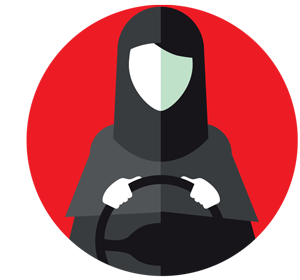
Historically, women in rural areas may have driven at one time. At institutes such as King Abdullah University of Science and Technology (KAUST) and Saudi Aramco, women have been issued permits by the special zone’s driving school.
The driving environment at KAUST is similar to that of European countries or the United States, according to Dr. Aala Abulfaraj, 37, who drives at KAUST, where she is a research scientist in molecular biology and immunology.
What are dealerships doing to attract female customers? 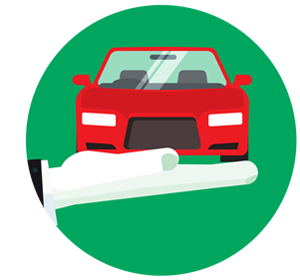
Major players in the auto industry such as Abdul Latif Jameel Motors, General Motors and United Motors Co., which between them boast the authorized rights to sell Toyota, Chevrolet, GMC, Chrysler, Dodge and Jeeps in the Kingdom, have ramped up their advertising and marketing campaigns. Along with establishing a call centre managed exclusively by women to handle finance options and general inquiries, Abdul Latin Jameel Motors, the Japanese group’s authorized Toyota distributor in Saudi Arabia, will be designating showroom lots run by all-female staff.







